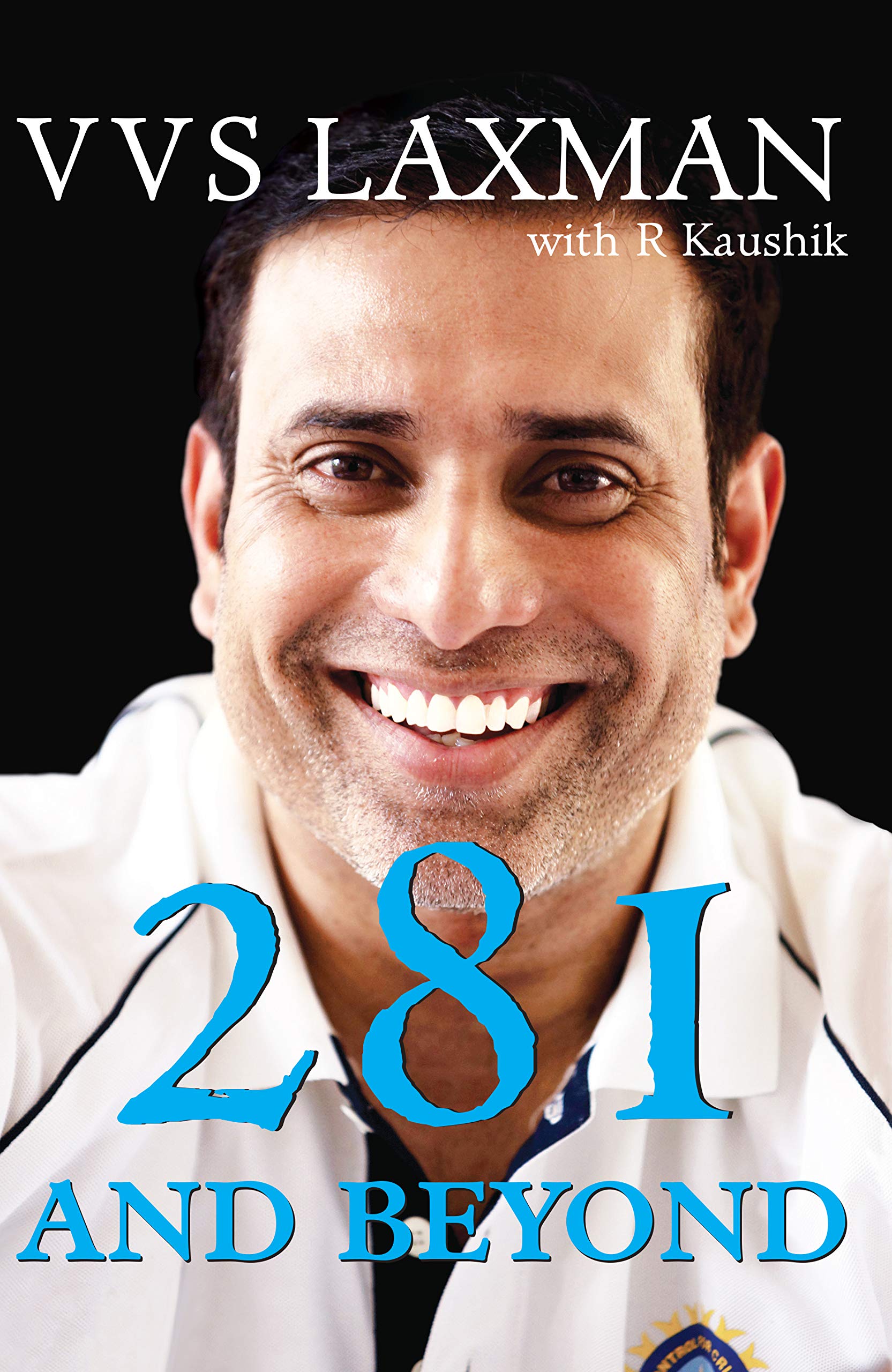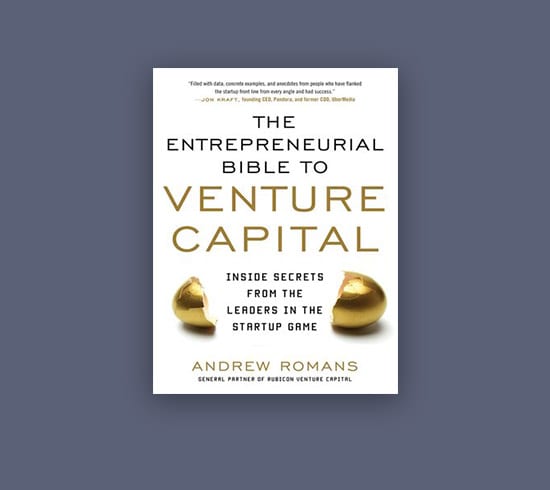Vangipurapu Venkata Sai Laxman aka VVS Laxman played cricket for India for 16 years (at the international level). When his cricket career came to an end, only 12 other people had played more cricket than him, 2 of whom were his teammates (Sachin Tendulkar and Rahul Dravid). He was a vital cog in the Indian batting line up and one of the fab four of Indian batsmen in the 2000-2010 decade. Except at the time of retirement, he wasn’t involved in too many controversies. On the outside, it seemed as though Laxman had it all, but his autobiography reveals how many trials and tribulations his beautiful career faced beneath what looked like a shiny surface. In that sense, 281 and Beyond is like the behind the scenes video of a top-grossing movie.
In my opinion, 281 and Beyond is not a book about cricket. It is a book about a child’s journey to fulfill his childhood dream- to play cricket for his country. He describes how he went on to achieve his goal through discipline, performance, and hard work, only to realize that the toughest part wasn’t getting there but consistently performing to remain at the top.
The child is forced to grow up quickly by the constant scrutiny of a billion Indians, that hero worship their national cricketers, following their every move, carrying them high during the victory, but each believing that they could do a better job when their heroes fail. The anxiety of consistently performing at the top under different coaches, captains, the backdrop of match-fixing, and an inconsistent and poorly-managed selection policy and how Laxman overcomes each of these with runs made from the blade of his willow is the crux of this book.
What does it take for someone tocontinuously play to such a fickle gallery? How does one come back after astring of failures? How does one keep themselves sane against an insanebackdrop? Laxman answers all of that, and beyond.
Whydid I like this book?
I love autobiographies that are written from the perspective of the protagonist, in this case, VVS Laxman. I like to visualize the autobiographies that I read. So, when the author delves deep into the inner turmoil and emotions that they were feeling during certain key moments in their lives, it provides a greater level of understanding that makes them more real, relatable.
In this book, I appreciate the frankness with which Laxman has discussed why he believes he was wronged several times during his career, his opinion about teammates, captains, coaches and how much they contributed to his journey as a cricketer.
As a keen cricket follower, I could remember most of the performances and events that Laxman was referring to. So, not only did the book take me over my frustrations (on the defeats) and jubilations (on the victories) of those matches but also provided the context to what was happening behind the curtain i.e. in the locker rooms, the training sessions, the team bus, and even the hotel rooms. It helped me forgive the Indian cricket team (and Laxman) for several frustrations, except the humiliation at Barbados in 1997, a defeat whose aftermath he talks about on himself, his captain (Sachin) and the team – riveting stuff.
WhatI learnt from this book?
There is a lot of commonality betweenthe lives of entrepreneurs and performers i.e. actors, sportsmen, musicians,etc. Both groups must innovate to stay ahead of the competition while consistentlygiving good performances to retain their target audiences. Both groups wish toleave behind a body of work that will be remembered for eons after they aregone. In both groups, competition is challenging and only a few make it bigenough to be remembered, and even then, their moment in the sun could beeclipsed faster than it took to get there.
The ability to perform at the top and stayrelevant in a rapidly evolving world is something that only a few have managedto do and yet people continue to sign up for these jobs. What is theirmotivation? Why do they keep coming back? Do they not fear failure? 281 and Beyond answers all thesequestions and more.
When I wrote the post on Things Not To Do If You’re In The Entrepreneur’s Inner Circle, I was only 40% of my way through this book. Completing it only vindicated my thoughts on how important the role of your inner circle is in your success. Throughout the book, Laxman credits his wife, parents, uncle, coaches etc. (i.e. his inner circle) for the roles they’ve played in his success – which at times was not to interfere at all.
Whois this book for?
This book is for anyone who wants to fulfill their dream but fears the negative consequences of failure. The toughest part (as you will learn from this book and real life) isn’t the quest to achieve your dream but to continue to live it.
34/2019






